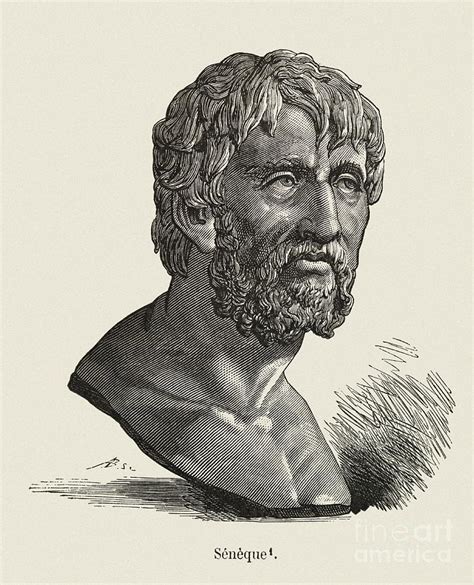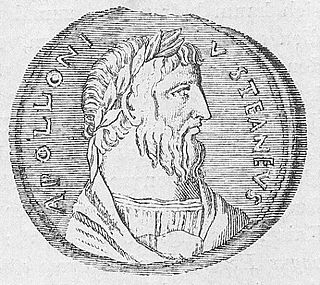A Quote by Thomas Hobbes
He that is to govern a whole Nation , must read in himself, not this, or that particular man; but Mankind; which though it be hard to do, harder than to learn any Language, or Science; yet, when I shall have set down my own reading orderly, and perspicuously, the pains left another, will be only to consider, if he also find not the same in himself. For this kind of Doctrine, admitteth no other Demonstration.
Related Quotes
The significance of language for the evolution of culture lies in this, that mankind set up in language a separate world beside the other world, a place it took to be so firmly set that, standing upon it, it could lift the rest of the world off its hinges and make itself master of it. To the extent that man has for long ages believed in the concepts and names of things as in aeternae veritates he has appropriated to himself that pride by which he raised himself above the animal: he really thought that in language he possessed knowledge of the world.
Of our political revolution of '76, we all are justly proud. It has given us a degree of political freedom, far exceeding that of any other nation of the earth. In it the world has found a solution of the long mooted problem, as to the capability of man to govern himself. In it was the germ which has vegetated, and still is to grow and expand into the universal liberty of mankind.
Every man is of importance to himself, and, therefore, in his own opinion, to others; and, supposing the world already acquainted with his pleasures and his pains, is perhaps the first to publish injuries or misfortunes which had never been known unless related by himself, and at which those that hear them will only laugh, for no man sympathises with the sorrows of vanity.
And if we are to open employment opportunities in this country for members of all races and creeds, then the Federal Government must set an example. The President himself must set the key example. I am not going to promise a Cabinet post or any other post to any race or ethnic group. That is racism in reverse at its worst. So I do not promise to consider race or religion in my appointments if I am successful. I promise only that I will not consider them.
Be careful how you do one man a pleasure which must needs occasion equal displeasure in another. For he who is thus slighted will not forget, but will think the offence to himself the greater in that another profits by it; while he who receives the pleasure will either not remember it, or will consider the favour done him less than it really was.
Man can will nothing unless he has first understood that he must count on no one but himself; that he is alone, abandoned on earth in the midst of his infinite responsibilities, without help, with no other aim than the one he sets himself, with no other destiny than the one he forges for himself on this earth.
A man must fortify himself and understand that a wise man who yields to laziness or anger or passion or love of drink, or who commits any other action prompted by impulse and inopportune, will probably find his fault condoned; but if he stoops to greed, he will not be pardoned, but render himself odious as a combination of all vices at once.
There is no crime more infamous than the violation of truth. It is apparent that men can be social beings no longer than they believe each other. When speech is employed only as the vehicle of falsehood, every man must disunite himself from others, inhabit his own cave and seek prey only for himself.







































